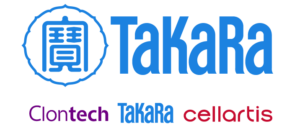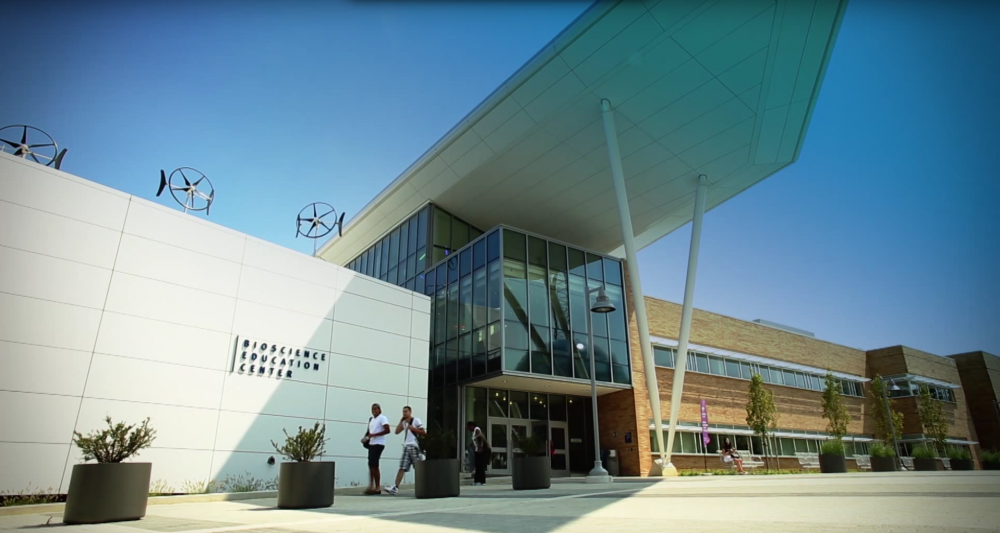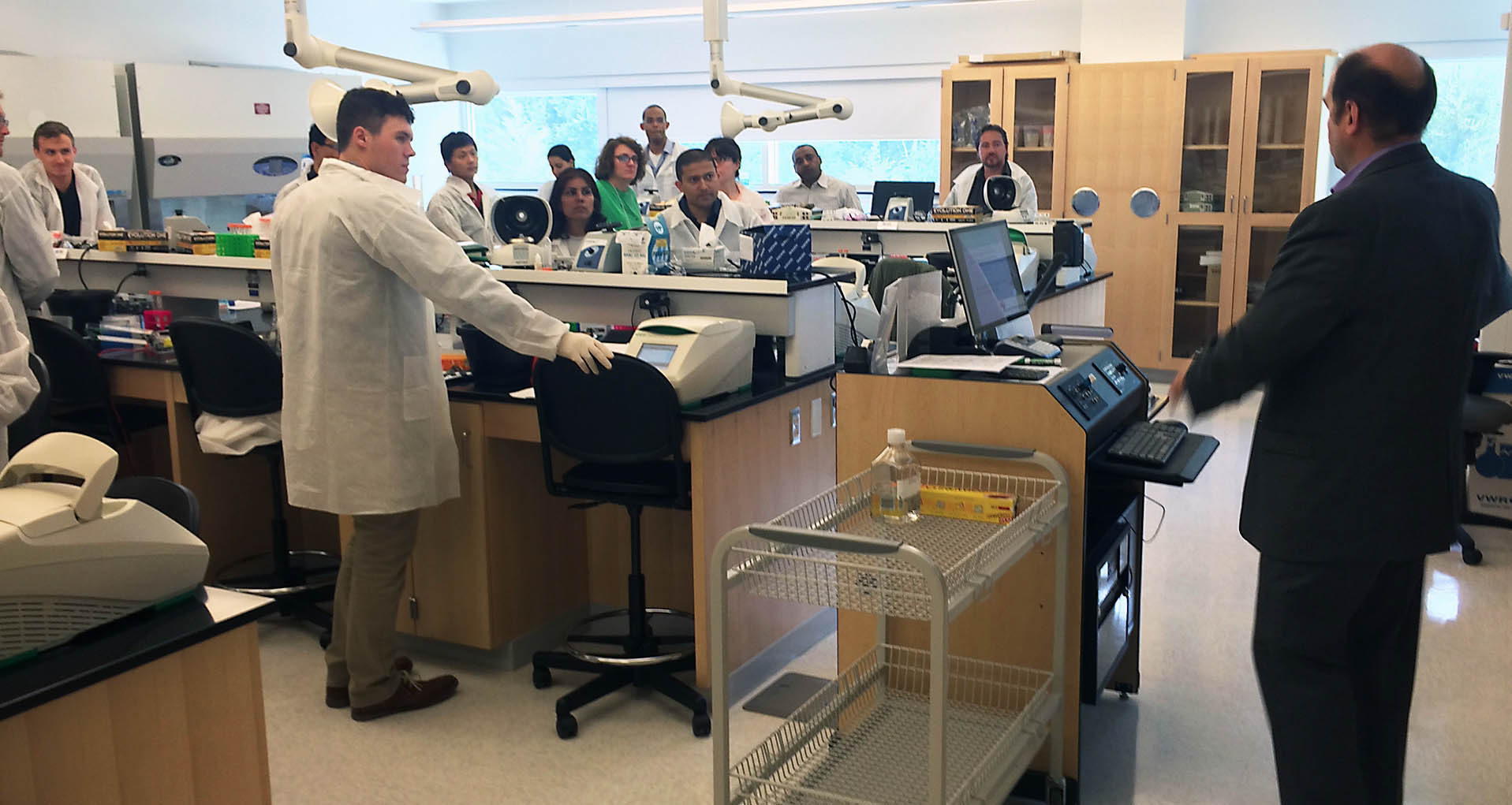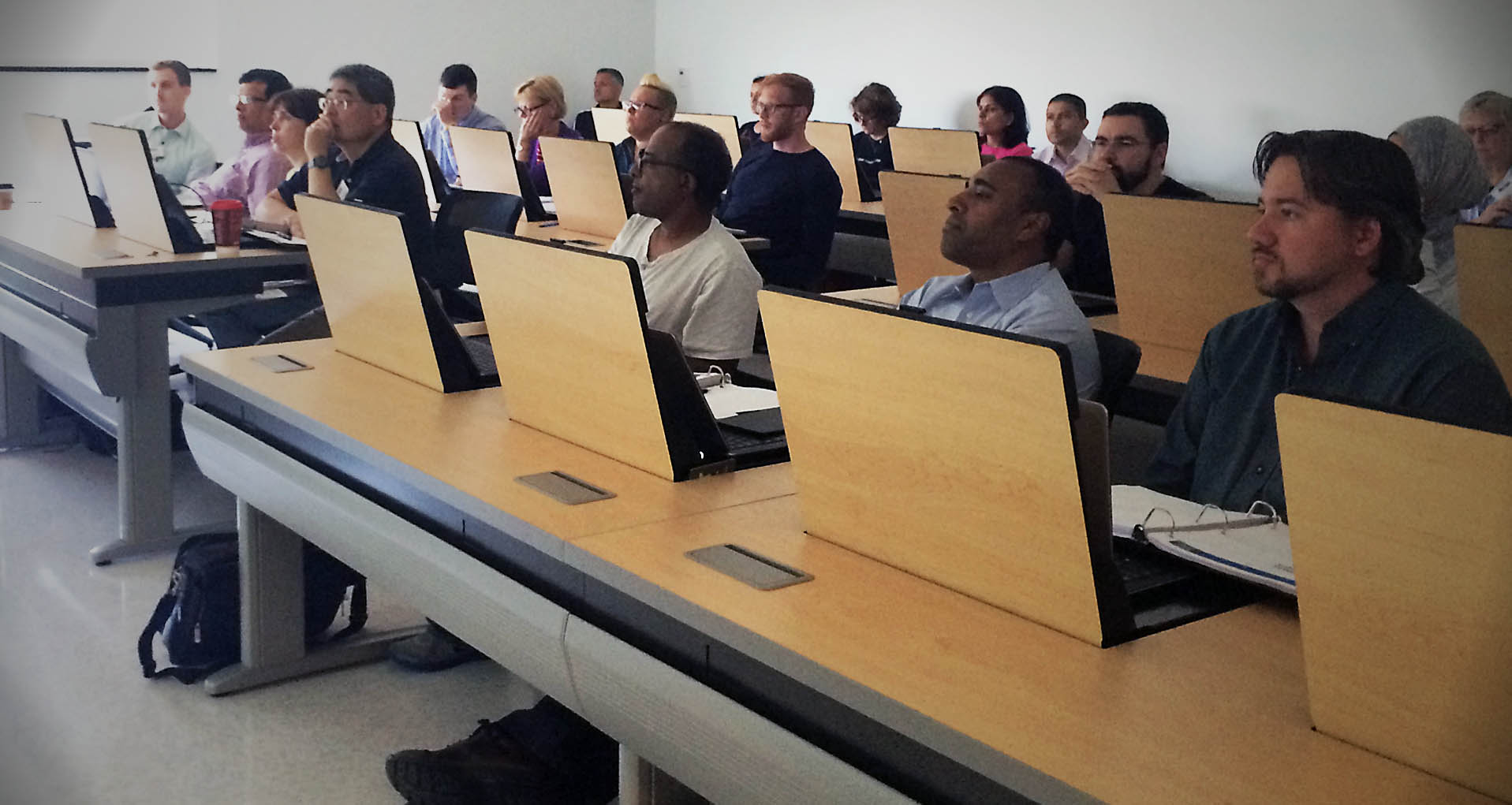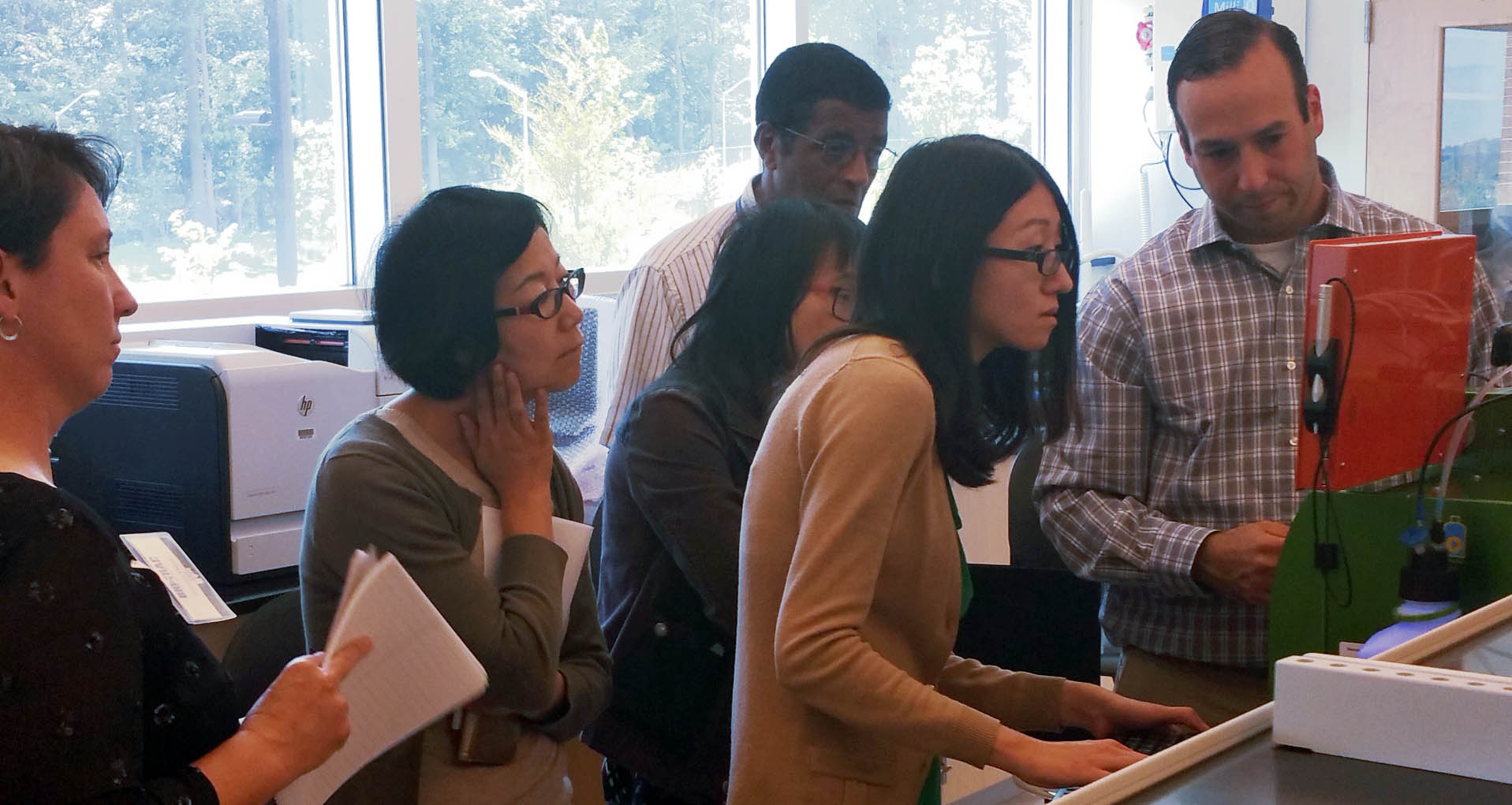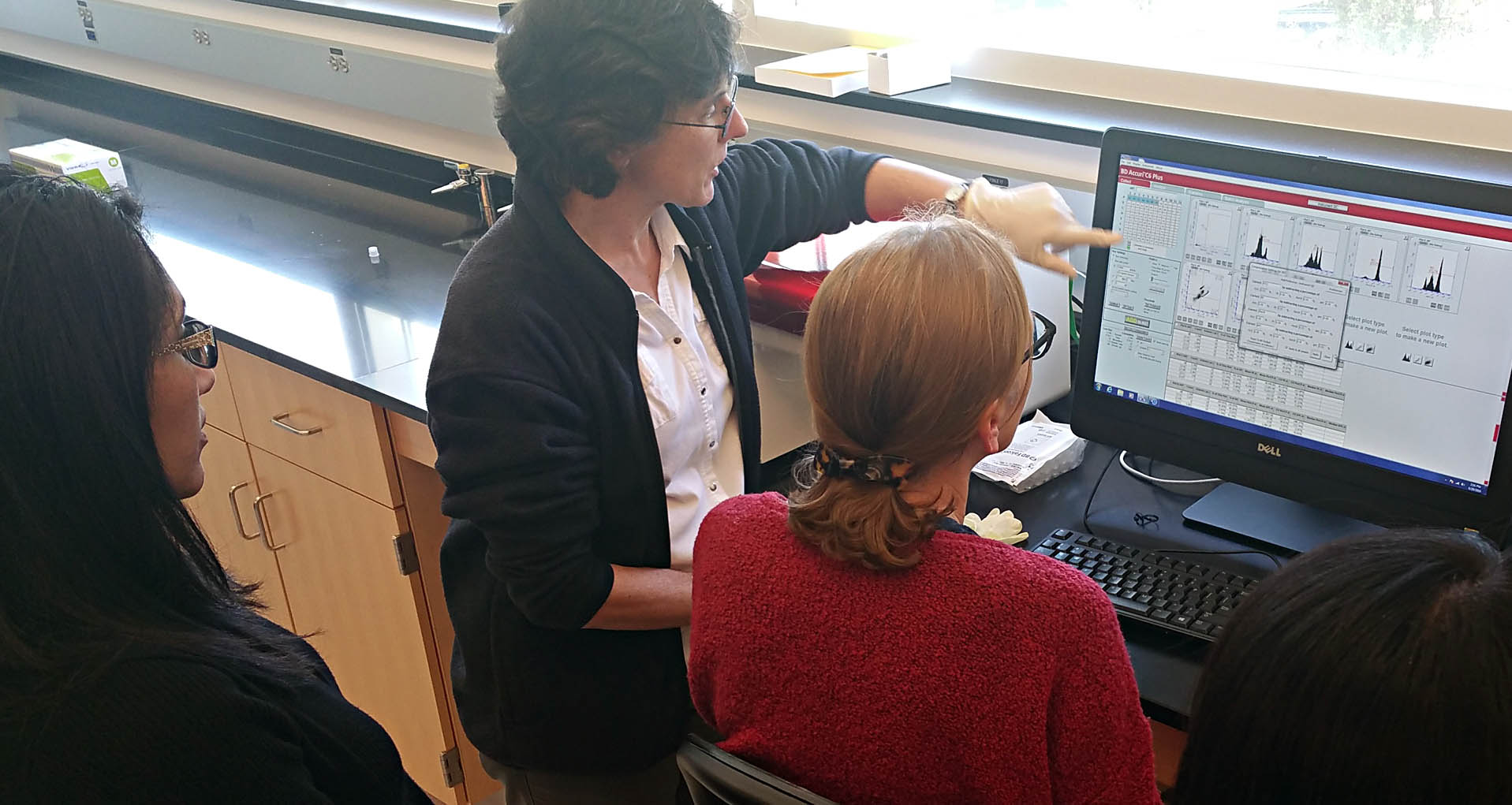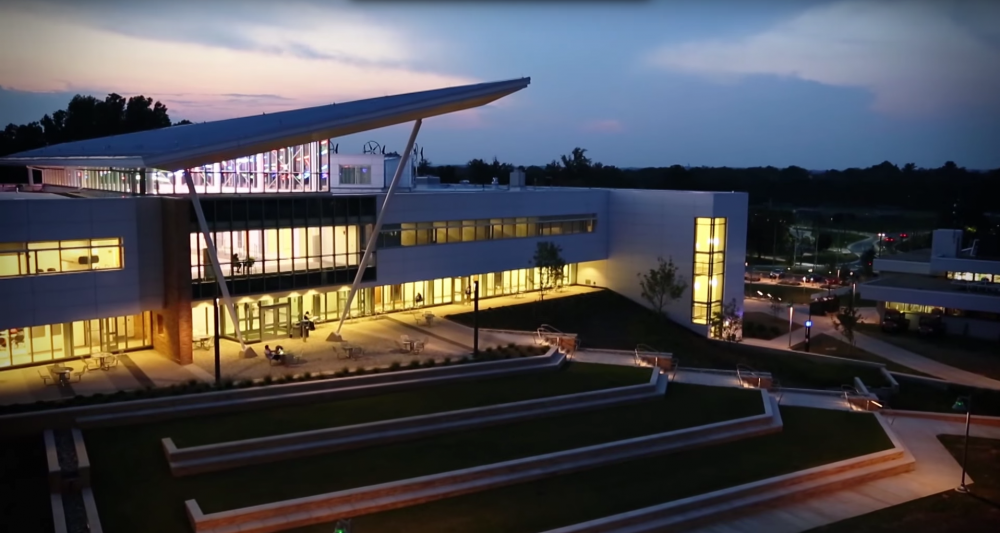2023 – TBA
Tuesday - Friday
Germantown, MD
The Bioscience Education Center
9:00am-5:00pm
1 Hour Lunch Break
NEW WORKSHOP OFFERING
This four-day workshop is ideal for researchers interested in developing hepatocytes from iPSCs. Team taught by active researchers, participants will have the opportunity to gain a solid foundation in iPSC methods with emphasis on deriving iPSC and differentiating to hepatocytes. Functional assays will be discussed in lectures for assessing hepatocyte differentiation, drug metabolism, and toxicity testing.
Class size smaller then usual. Don't miss out, register today!
 | Lecture and Hands-on Interactive Training |
 | Team taught by active researchers |
 | Thumbnail drive with Lectures and Workshop material |
 | Space limited to 20 participants |
 | Registration Fee: $995 |
-
"The combination of lectures and lab works was very instructive. I grasped the whole picture of the theme."
Makoto Arai
University of Tokyo, Japan
Hepatocytes Derived from Human iPSCs - 10/18
-
"This course was very informative and helpful for individuals new to stem cell methods like myself. The lab portion was particularly useful. All of the lecturers and lab directors were helpful and knowledgeable. I would absolutely take another Bio-Trac class in the future."
Anneliese Striz, PhD
Hepatocytes Derived from Human iPSCs - 10/18
-
"Course was helpful for people who don't have any experience with iPSCs. Very easy to understand and follow."
Andrea Rosenkranz
Drexel University College of Medicine
Hepatocytes Derived from Human iPSCs - 10/18
-
"It's a good experience to learn advanced technology. Hopeful to have another training next time. I like the lab hands-on section. (That is the best part of the class/workshop)"
Yueban Tan, Ph.D.
Ibex Biosciences
Hepatocytes Derived from Human iPSCs - 10/18
Course Director

Joseph Bressler, Ph.D.
Research Scientist, Kennedy Krieger Institute
Hepatocyte cultures are used in pharmacology and regulatory toxicology to provide information on drug metabolism and toxicity. Models using rat hepatocytes have provided inaccurate information because of species differences. Human hepatocyte cultures from human liver are currently being used but have disadvantages. For example, cultures form human liver cannot be regenerated, they have limited life span in culture, and there is potential genetic heterogeneity because batches of human hepatocytes come from different donors. Hepatocyte cultures derived from IPSc (HC-iPSc)) express many of the properties displayed in human liver. HC-iPSc are renewable and could be generated from different genetic backgrounds. Consequently, HC-iPSc have great utility in pharmacology and regulator toxicology.
- Introduction to iPSc
- Methods for inducing pluripotency
- Biology of hepatocytes
- Hepatocytes for drug metabolism
- Conditions for differentiating hepatocytes
- Models to study hepatocyte injury in vivo and in vitro
- Hepatocyte cultures in toxicology
- Hepatocyte culture models for studying infectious diseases
- iPSc cultures (derivation and maintenance)
- Hepatocyte differentiation protocol (media, matrix, atmosphere)
- Cryopreservation
- Validation methods
- Conduct a Cyp assay
- Cytoxicity assays
Course Director
Dr. Joseph Bressler is a research scientist at Kennedy Krieger Institute. He is also an associate professor of environmental health sciences at the Bloomberg School of Public Health at Johns Hopkins University.
Dr. Bressler received his bachelor's of science degree in biology from the State University of New York at Stony Brook in 1973 and his doctoral degree in physiology from Rutgers University in 1978. His post-doctoral training at UCLA was in neurosciences, where he studied the involvement of glial cells in response to toxic agents. After his post-doctoral training, Dr. Bressler continued his studies on glial cells at the National Institutes of Health, Bethesda, MD. Dr. Bressler has been a research scientist at the Kennedy Krieger Institute since 1988.
Guest Lecturers and Lab Instructors
 | Johannes Elvin, Ph.D. Johannes Elvin is a Senior Production and Service Specialist and joined Takara Bio Europe in Sweden in 2018. He obtained his PhD from Gothenburg University in renal medicine and transitioned into the field of diabetes and obesity for his postdoctoral research. He has been working extensively with in vitro cell culture, lentiviral transduction and protein expression modification. He is now handling and running service projects aimed at reprogramming somatic cells into pluripotent stem cells. |
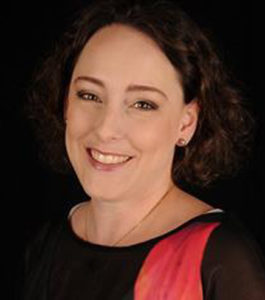 | Jenny Johannisson Jenny Johannisson joined Takara Bio Europe in Sweden in 2007. She holds a master’s degree in biotechnology from Chalmers University. After graduating, she worked on molecular modifications of adenoviruses. When she joined Takara Bio, her focus was on the culture of undifferentiated stem cells and reprogramming of fibroblasts using mRNA. She is now the Global Product Manager for Takara Bio’s stem cell portfolio. |
 | Lucie Low, Ph.D. Dr. Lucie Low joined NCATS in 2016 as the Tissue Chip Program Manager for the NIH Microphysiological Systems program, coordinating over 20 research teams working on the development, validation and application of microphysiological systems. Prior to this, she was a Research Fellow at NIH, and Postdoctoral Fellow in Montreal at McGill University, where she studied the effects of chronic pain on brain structure and function. She gained her Bachelors’ Degree from Oxford University (UK) and completed her Masters and PhD in Neuroscience at University College London (UK). |
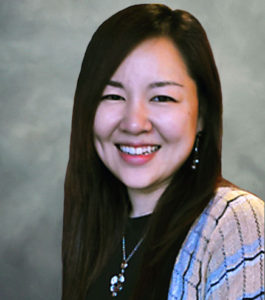 | Tea Soon Park, Ph.D. Dr. Park is a Research Associate at Division of Pediatric Oncology and Institute for Cell Engineering, Johns Hopkins School of Medicine. Foundation of her researches is on generation of clinically relevant human induced pluripotent stem cells (iPSC), differentiation of human pluripotent stem cells (hPSC) into hemato-vascular lineage and enhancement of functional pluripotency using naïve reversion method. Using these technologies, her current research focuses on treatment of ischemic damages (e.g. ischemic retinopathy) and diabetic vascular complications with iPSC derived progenitor cells. |
 | Jennifer L. Groebner Jennifer Groebner is currently a Ph.D. candidate at The Catholic University of America in Washington, DC. She currently investigates the molecular mechanisms that lead to the progression of alcoholic liver disease. Her focus is on alcohol-induced changes in microtubule dynamics that lead to early stages of liver injury. Previously, as a Research Microbiologist at the United States Army Medical Research Institute of Infectious Disease (USAMRIID), she developed and evaluated vaccines against viral pathogens (Ebola, Marburg), toxins (botulinum neurotoxin) and bacterial (anthrax, plague) diseases. Jennifer holds a MS in Biotechnology with a bioinformatics concentration from Johns Hopkins University and a BA in Biochemistry from Minnesota State University, Mankato. |


